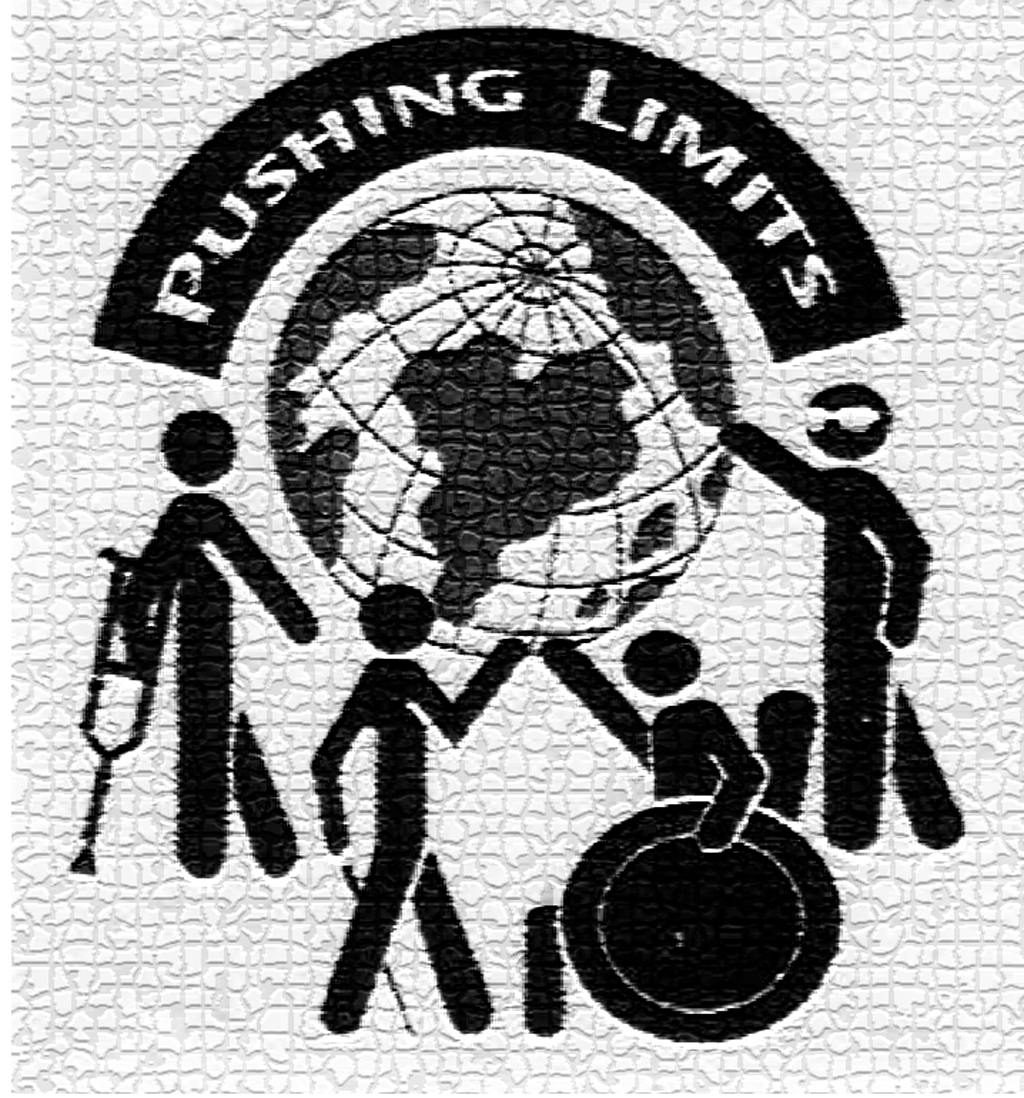Disability Movement Tension Spots – Pushing Limits – March 29, 2024
Description
(Transcript below)
People with mental, emotional and cognitive disabilities face significant limitations in their daily life. They’re considered disabled under the law. Yet, some people with mental health conditions feel their needs are ignored by those with mobility and other physical disabilities. And, some people with mental health issues choose not to identify as disabled due the stigma of the category.
We talk to Brian Hollander from Disability Rights California, who identifies himself as someone with mental health challenges. Hollander gives his perspectives on why there seems to be division in the community and the steps both groups can take to work together.
Natasha Vita More at the AND Festival Salon
Also, we talk to “Megan” a community organizer from L. A. about the journey she is on in becoming comfortable with identifying as someone with a mental health disability.
This episode of Pushing Limits is produced by Jacob Lesner-Buxton, with editing and voicing by Dominick Trevelham.
Photo Credits:
“Hands Over Face” Created by Jose Luis Navarro Copyright- CC BY-NC-SA 4.0 from MyRetrospect.com
“How will we decide” by Andy Miah Natasha Vita-More @ANDfestival Salon, Flicker
Transcript: Disability Movement Tension Spots
Dominick Trevethan (Dominick): Good afternoon and welcome to Pushing Limits, KPFA’s program by and about people with disabilities. We air every Friday at 2:30pm.
This is Dominick Trevethan and today I’m voicing a script written by Jacob Lesner-Buxton. In recent years, there’s been a lot of conversation about an idea known as the hierarchy of disability.
This theory suggests that people of certain races genders, and disability are treated better than others both in and outside the community. People who believe this theory suggest that white men in wheelchairs have historically monopolized leadership roles in the community. The leaders have been accused of ignoring the needs of people of color and those with non-apparent disabilities who find themselves low in the pecking order.
Often, those at the bottom of the totem pole tend to have challenges with their mental health.
Jacob has talked with others who work for disability organizations feeling like they couldn’t share about their mental health issues. Recently, he talked to a therapist with a disability who seemed to suggest that people with mental health challenges are from separate communities.
So, on today’s show, show, we will discuss how the disability community can better accommodate its members with mental health issues.
Our first guest is Brian Hollander, a person with a mental health disability who has worked as a public policy advocate in both California and New York.
Brian Hollander: (Brian) My name is Brian Hollander. I am a disability rights advocate and a public policy advocate. I work with Disability Rights California and much of my work is focused on mental health, especially the intersection of mental health and other disabilities. And right now what I do is supervise advocates who are protecting the civil rights of people with mental health disabilities who live in state forensic psychiatric hospitals.
Dominick: Hollander gives us some historical context as to why it seems there’s this division between people with mental health challenges and those with other disabilities.
Hollander: Well, you know, it’s an interesting question because it sort of has two answers. I think that my philosophy, my hope is that both of those communities of advocates should be working together especially as it relates to centers for independent living and even protection and advocacy organizations to some degree. I think mental health has sort of been like, you know, left behind. not left behind, but historically it’s been the invisible disability that nobody really talks about. Now it’s getting a lot of play, but in some cases for the long reasons.
But I definitely think that more can b
More Episodes
When you think of professional athletes, some of the names that come to mind may include the likes of LeBron James, Cristiano Ronaldo, and Tom Brady. However, athletes living with disabilities can be just as impressive as their able-bodied counterparts, yet they don’t seem to get the same level...
Published 11/08/24
Published 11/08/24
The rise of right-wing power in the U.S. is the culmination of a 50 year plan to seize the reins of government power in the U.S. It has succeeded in the Supreme Court and, who knows, could take the Presidency and both House and Senate at Tuesday’s election. As the plan becomes actualized, the...
Published 11/01/24


